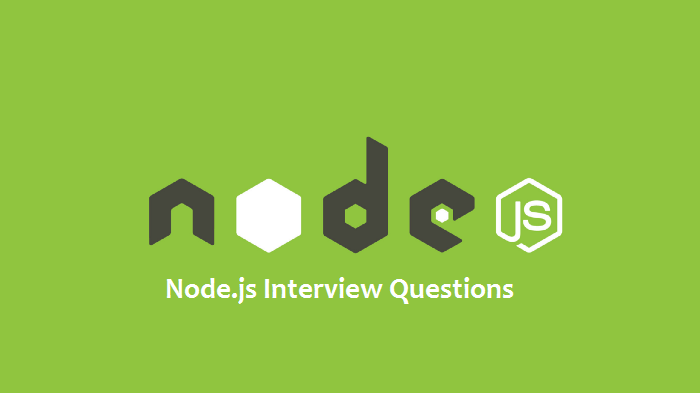Let’s keep it straight. If you’re looking to get trained on Node.Js, we are pretty confident that you will have done your research about the awesomeness of this JavaScript runtime. You’re excited about the lucrative career opportunities getting hands-on with Node.js will fetch you. But if you’re on the other end of the spectrum, and wondering whether Node.Js is the niche you need to specialise in, here are some quick facts.
- Some of the most popular tech mammoths in the US, such as Netflix, eBay, Tumblr, LinkedIn, Amazon, and more have incorporated Node.Js.
- The implementation of Node.js has reduced the startup time of website like PayPal and Netflix from 40+ minutes to less than a minute.
- Node.js has the ability to significantly reduce the quantum of servers you would need to reach your client.
- Most startups prefer Node.js developers over others
- As shared by Indeed, Node.js is one of the top 10 tech skills in demand, where the searches for Node.js job shot up by 57% in the last year.
Taking the last stats as the fulcrum, we thought it would make complete sense to dedicate a post on some of the most common Node.js interview questions. So no matter if you’re still learning or have completed your Node JS training, these questions should help you prepare better.
Is there a specific reason Node.js is single threaded?
The term asynchronous processing best describes the reason why Node.js is single threaded. Referring to the processing of applications among connected systems, async processing paves the way for optimised performance and scalability.
How different is Ajax from Node.js?
Ajax and Node.js are poles apart. One of the primary uses of Ajax is to update a very specific section of a web-page content without having to rework on an entire page; whereas Node.js is basically designed for building applications (client-server based). Though both represent the functionalities of advanced JavaScript, they differ in the ways we just mentioned.
What are the three different types of streams in Node.js?
Four, actually. Objects that foster the flow of data from the reading and writing of data from source to destination continuously are called streams. The four different types of streams include the following:
- <Readable> which allows reading operation
- <Writeable> which allows writing operation
- <Duplex> which allows both writing and reading operations
- <Transform> which runs computations depending on inputs available
In Node.js, what are the keywords that constitute Globals?
There are three keywords that constitute Globals:
- Global – refers to the namespace object and functions as a library for other <global> objects
- Process – it has the functionality to convert synchronous functions into asynchronous callbacks. Other functionalities include the ability to be accessed from anywhere in the code and transmit information about an app or its environment.
- Buffer – Buffer is a Node.js class that handles binary data.
What are callbacks in Node.js?
Callbacks are functions in Node.js that are triggered at the end of an assigned task. Callbacks allow other codes to run seamlessly by blocking any interruption. Node.js has an immense dependency on callbacks because of its asynchronous nature, and all Node.js APIs are written to facilitate callbacks. A Node JS course, therefore, can effectively help you with this.
What is REPL, and where are its functions critical?
REPL is an acronym for Read Eval Print Loop. Justifying its name, it performs the functions of reading, evaluating, printing and triggering a loop. One of the primary functions of REPL is to execute any ad-hoc statements of JavaScript. Because it allows entry directly into the shell prompts of JavaScript, its functionality becomes crucial during experimenting, testing or debugging.
How can callback hells be prevented?
Callback hells can be prevented in multiple ways. Some of the common ways include:
- Using modularisation, meaning breaking callbacks into fragments of standalone functions
- Using promises-driven generators
- Implementing await/async
- Using a control-flow library
So, these were some of the most common interview questions recruiters ask on Node.js. Besides these, it would also help to have a good hold of concepts like the differences between non-blocking and asynchronous, setTimeout() and setImmediate(), tracing, module.exports and more.
While theoretical knowledge is commendable, Node.js requires solid hands-on experiences. Like the popular phrase goes, “You get paid for what you do and not what you know.”. So, for those of you working towards a better career path, dedicate more time on mastering Node.js and take your career and lifestyle to new heights this year.


